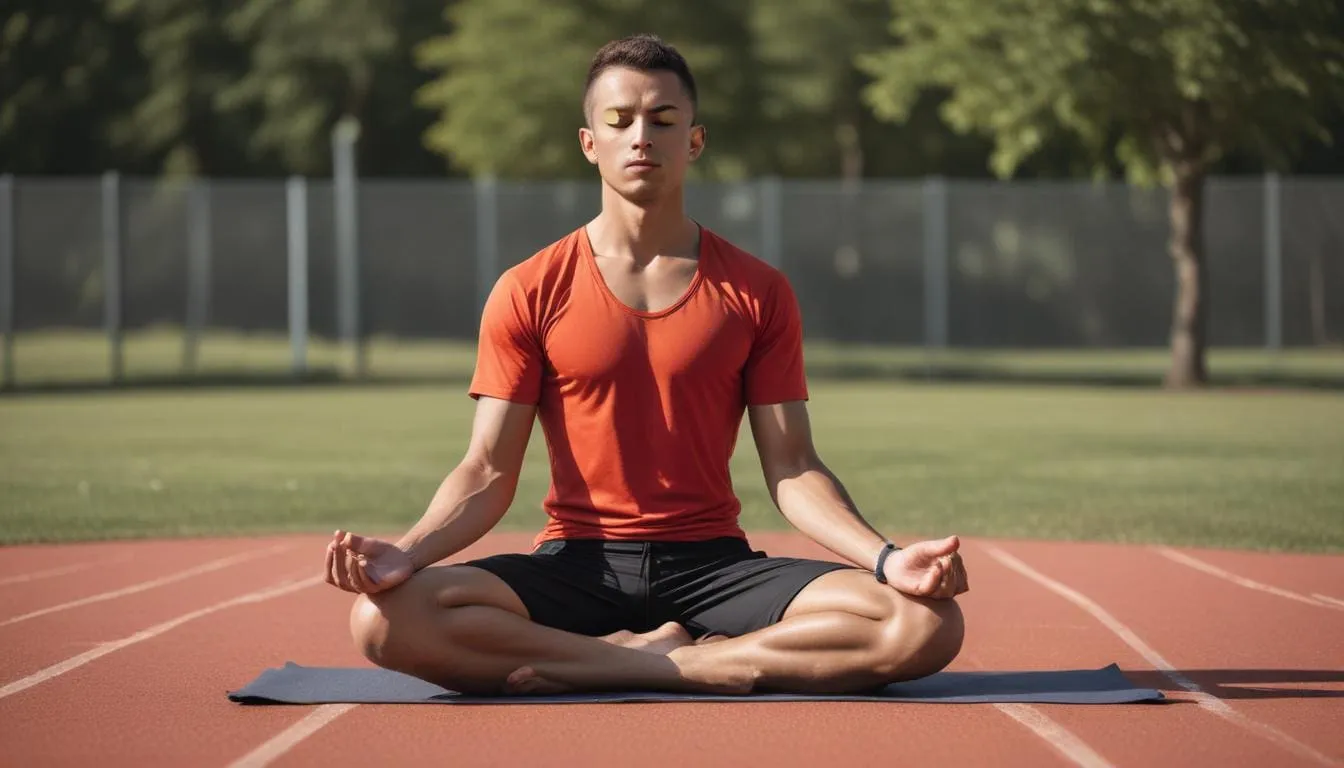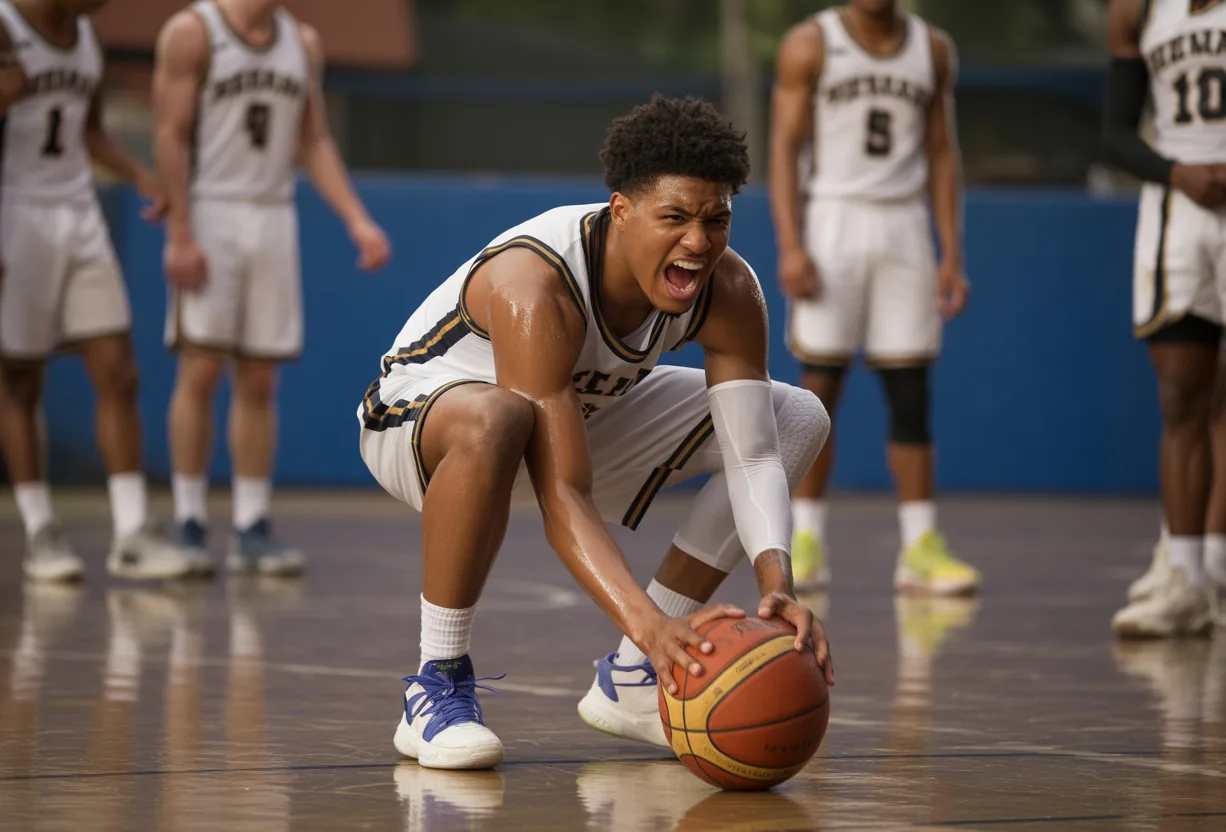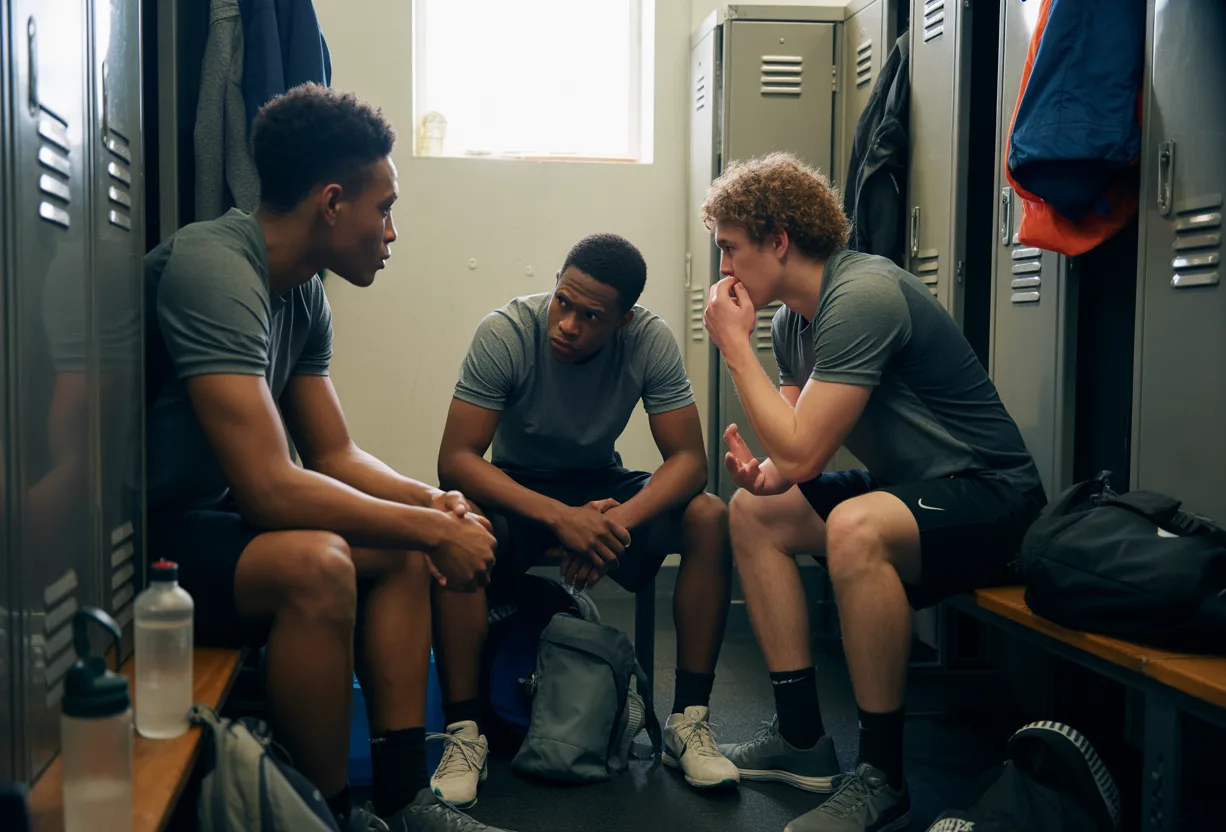Sports psychology has rapidly evolved to become an integral part of high-level athletic training regimes. This fascinating field works on the mental aspects of sporting performance, aiming to improve focus, enhance motivation, and develop coping strategies under pressure. An emerging and highly effective component within sports psychology is hypnotherapy, a powerful tool for unlocking an athlete’s potential and overcoming mental barriers. Let’s delve deeper into hypnotherapy’s role in sports psychology and how it can enhance athletic performance.

The Evolution of Sports Psychology
The journey of sports psychology began in the early 20th century, where initial focus was primarily on the physiological aspects of sport. Over time, the importance of psychological factors in athletic performance became more apparent. Today, sports psychology envelops a broad array of techniques designed to help athletes reach their peak performance levels. Traditional approaches include cognitive-behavioral therapy (CBT), mindfulness, and visualization exercises. However, the introduction of hypnotherapy has added a new dimension to these established methods.
Understanding Hypnotherapy in Sports Psychology
Hypnotherapy involves guiding an individual into a deep state of relaxation and heightened suggestibility, known as a trance. In this state, the mind become more open to positive suggestions. When applied to sports psychology, hypnotherapy can effectively help athletes enhance their focus, self-confidence, and emotional control.
Benefits of Hypnotherapy in Sports Psychology
Enhanced Focus and Concentration
Athletes often face situations requiring intense concentration and split-second decision-making. Hypnotherapy can hone an athlete’s ability to maintain focus by bypassing the conscious mind and working directly with the subconscious. This practice establishes new mental pathways that promote sustained attention and quick reaction times.
Overcoming Performance Anxiety
Performance anxiety is a common hurdle for many athletes, regardless of their level of experience. Hypnotherapy can train the mind to approach high-pressure situations calmly and positively. By reprogramming negative thought patterns, athletes can overcome anxiety and perform more consistently.
Boosting Self-Confidence
Confidence is a crucial factor influencing athletic performance. Hypnotherapy can build self-assurance by reinforcing positive self-perception and eliminating self-doubt. When athletes believe in their capabilities, they are more likely to push their limits and achieve greater success.

Pain Management and Recovery
Injuries are an inevitable part of an athlete’s career. Hypnotherapy can aid in pain management and accelerate the healing process by using mind-body techniques to reduce pain perception and promote recovery. By visualizing the healing process, athletes can facilitate physical rehabilitation.
Developing Mental Resilience
Overcoming setbacks and persisting through difficult times are essential traits for any successful athlete. Hypnotherapy strengthens mental resilience by embedding a resilient mindset within the subconscious, preparing athletes to handle adversities with a positive outlook.
Improving Motivation and Goal Setting
Motivation is the driving force behind an athlete’s training routine and competitive spirit. Hypnotherapy can reignite an athlete’s passion for their sport by aligning their subconscious goals with their conscious efforts. Structured goal-setting during hypnosis sessions can provide clarity and direction, propelling athletes towards their objectives.
Practical Applications of Hypnotherapy in Sports Psychology
Integrating hypnotherapy into an athlete’s routine involves regular sessions with a certified hypnotherapist. These sessions can be tailored to address specific issues or enhance particular aspects of performance. Athletes can also be taught self-hypnosis techniques, allowing them to reinforce mental conditioning independently.
Case Studies and Real-World Examples
Numerous high-profile athletes have publicly endorsed the benefits of hypnotherapy. It’s well-documented that sports icons such as golfer Tiger Woods and basketball player Michael Jordan have used mental conditioning techniques akin to hypnotherapy to stay at the top of their game.
Accessing Hypnotherapy: In-Person vs. Online
While traditional in-person hypnotherapy sessions have been the norm, technological advancements have made online therapy a viable option. Online hypnotherapy offers flexibility and accessibility, allowing athletes to access mental conditioning sessions from the comfort of their homes, regardless of their location.
Conclusion
Hypnotherapy’s influence in sports psychology is undeniable. From enhancing focus and confidence to managing pain and accelerating recovery, this technique is a comprehensive tool for any athlete aiming to elevate their performance. If you’re an athlete looking to harness the full potential of hypnotherapy, consider partnering with Revibe Therapy.
Revibe Therapy specializes in sports psychology and offers a range of hypnotherapy services designed to cater to your unique needs. Whether you’re looking for traditional in-person sessions or the convenience of online therapy, Revibe Therapy has expert practitioners ready to help you achieve your goals. Visit Revibe Therapy today and start your journey to enhanced athletic performance.
By embracing hypnotherapy in your training regimen, you stand to gain a significant edge in your sport, transforming mental fortitude into a winning performance on the field, court, or track.





 Most often it is not the situation, but how we think about the situation that causes our feelings. How we think about situations is based on what we have learned and experienced in the past. Over time we may begin to react in ways that do not help us, and start feeling stuck and unhappy.
Most often it is not the situation, but how we think about the situation that causes our feelings. How we think about situations is based on what we have learned and experienced in the past. Over time we may begin to react in ways that do not help us, and start feeling stuck and unhappy. Dr. Ivey, Psy.D. completed her doctorate in Clinical Psychology with a concentration in Organizational Consulting at Pacific University’s School of Graduate Psychology in Oregon. For her dissertation, Dr. Ivey conducted qualitative research on the effects of workplace discrimination and microaggressions on minority Veterans’ overall job satisfaction with their military career. She completed the APA-accredited Psychology Internship training program and Postdoctoral Residency at the Orlando VA Healthcare System.
Dr. Ivey, Psy.D. completed her doctorate in Clinical Psychology with a concentration in Organizational Consulting at Pacific University’s School of Graduate Psychology in Oregon. For her dissertation, Dr. Ivey conducted qualitative research on the effects of workplace discrimination and microaggressions on minority Veterans’ overall job satisfaction with their military career. She completed the APA-accredited Psychology Internship training program and Postdoctoral Residency at the Orlando VA Healthcare System. I know you’re stressed and exhausted while trying to keep up with the world’s go go go trials, trying to do it all perfectly. This “hustle” mentality makes all of us prone to mistakes and poor decisions. Your mind is overthinking at such a high pace by now that you no longer know where to find the off button, or recall when you turned it on in the first place. Trust me, I’ve been there, and in that dark place is where you start to feel worried and fearful about the future because you don’t feel in control of the now. Sound familiar?
I know you’re stressed and exhausted while trying to keep up with the world’s go go go trials, trying to do it all perfectly. This “hustle” mentality makes all of us prone to mistakes and poor decisions. Your mind is overthinking at such a high pace by now that you no longer know where to find the off button, or recall when you turned it on in the first place. Trust me, I’ve been there, and in that dark place is where you start to feel worried and fearful about the future because you don’t feel in control of the now. Sound familiar? Often, when we seek support through therapy, we seem to underestimate the power of our own role in the healing process. We have all carried metaphorical luggage filled with experiences and events that have impacted our life. I know that it has been hard for you to seek support in untangling those moments from the past that now provoke stress, anxiety, frustration, anger, loneliness, sadness, guilt, depression, or hopelessness. The fact that you are reading this means that you have the intention to become the best version of yourself.
Often, when we seek support through therapy, we seem to underestimate the power of our own role in the healing process. We have all carried metaphorical luggage filled with experiences and events that have impacted our life. I know that it has been hard for you to seek support in untangling those moments from the past that now provoke stress, anxiety, frustration, anger, loneliness, sadness, guilt, depression, or hopelessness. The fact that you are reading this means that you have the intention to become the best version of yourself.